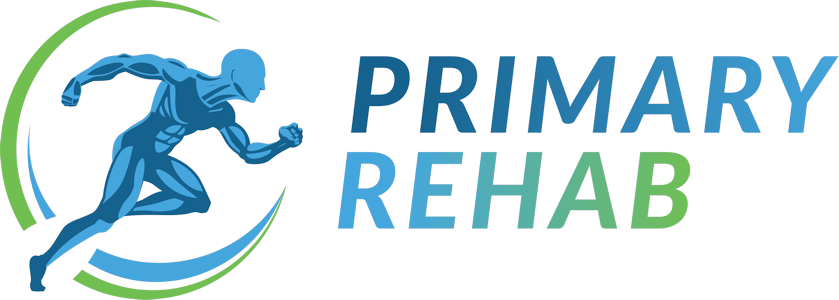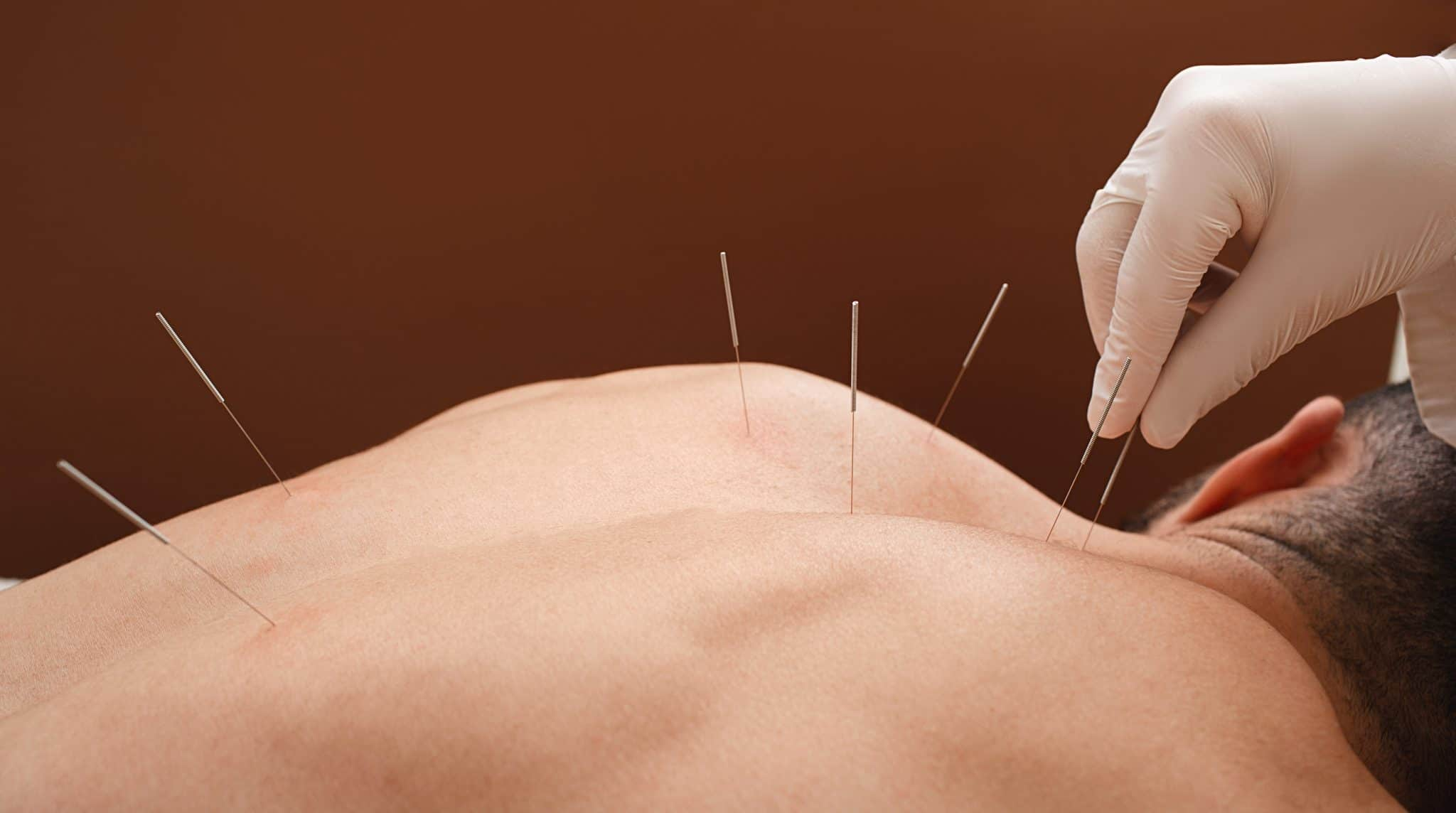What is Acupuncture and How Does It Work?
Acupuncture has been practiced for thousands of years, yet many still wonder how it works. Some view it as ancient wisdom, while others see it as a science-backed pain relief method. The truth lies in both perspectives.
Acupuncture involves inserting thin needles into specific points on the body. Traditional Chinese Medicine (TCM) describes this as balancing “Qi,” or energy flow. Modern science, however, explains it differently—acupuncture stimulates the nervous system, triggering the release of endorphins (natural painkillers), improving circulation, and regulating inflammation.
Scientific Research Supporting Acupuncture
Skeptics often dismiss acupuncture, but research from Harvard Medical School, the British Medical Journal, and the US National Library of Medicine proves otherwise.
A JAMA Internal Medicine study analyzing over 18,000 patients found that acupuncture significantly reduced chronic pain compared to placebo treatments. The Cochrane Library also reviewed data showing acupuncture is more effective than conventional pain relief for headaches and musculoskeletal pain.
Neuroimaging studies further confirm that acupuncture affects pain perception by altering brain activity in pain-processing centers, reducing the intensity of pain signals.
For a deeper look at acupuncture research, visit this resource, which provides access to journals and studies from leading institutions.
Acupuncture for Pain Management: What the Science Says
Chronic pain affects millions, often leading to reliance on medication. Acupuncture provides a drug-free alternative with proven benefits.
Lower Back Pain
A 2017 Annals of Internal Medicine study found that acupuncture provided significant relief for chronic lower back pain, often outperforming traditional treatments like physical therapy and medication.
Migraine and Tension Headaches
A British Medical Journal study showed that patients receiving acupuncture experienced fewer headache days per month than those relying solely on medication. Acupuncture relaxes muscles, improves blood flow, and reduces over activity in pain-related brain signals.
Arthritis and Joint Pain
The American College of Rheumatology supports acupuncture for osteoarthritis, citing studies that show pain reduction and improved mobility, particularly for knee arthritis.
Acupuncture in Rehabilitation and Recovery
Acupuncture is increasingly used in rehabilitation settings to aid recovery and reduce pain.
Muscle Recovery and Injury Healing
Inflammation is necessary for healing but can sometimes slow recovery. Acupuncture helps regulate this process, reducing excessive inflammation and pain.
Post-Surgical Recovery
Acupuncture helps post-surgical patients manage pain and improve mobility. Many hospitals now integrate it into post-op care to reduce opioid dependence.
Common Myths and Misconceptions About Acupuncture
Despite growing acceptance, myths persist. Here are some key misconceptions:
“Acupuncture is just a placebo.”
MRI scans show real physiological changes after acupuncture, and controlled studies demonstrate benefits beyond placebo effects.
“It’s painful.”
Acupuncture needles are extremely thin—most people feel little to no discomfort, often describing a tingling or warm sensation instead.
“There’s no scientific evidence.”
The World Health Organization (WHO) recognizes acupuncture as effective for over 50 medical conditions, backed by numerous studies from reputable institutions.
Should You Try Acupuncture? Key Considerations
If you’re dealing with chronic pain or recovering from an injury, acupuncture may be worth considering.
- Consistency matters. One session may not be enough, but a series of treatments can provide lasting benefits.
- It works best alongside other therapies. Many patients see the best results when combining acupuncture with physical therapy or chiropractic care.
- Choose a licensed practitioner. Always seek treatment from a certified acupuncturist to ensure safety and effectiveness.
Conclusion
Acupuncture isn’t just an ancient tradition—it’s a research-backed approach to pain relief and recovery. Studies from Harvard, BMJ, and the National Library of Medicine confirm its effectiveness.
If you’re considering acupuncture as part of your pain management or rehab plan, Primary Rehab can help you explore the benefits with expert guidance.

